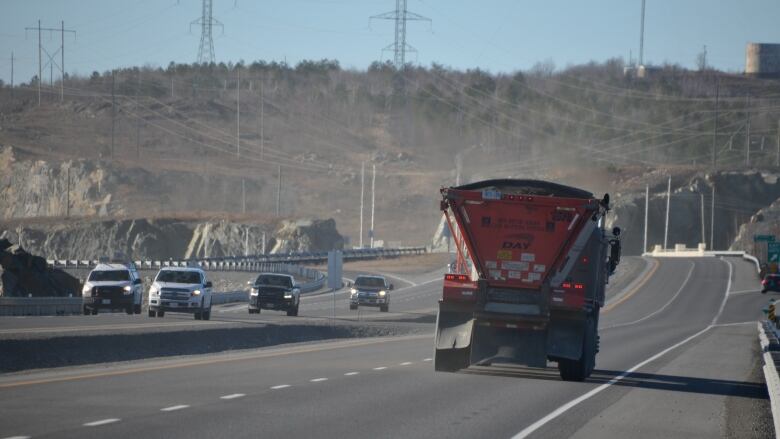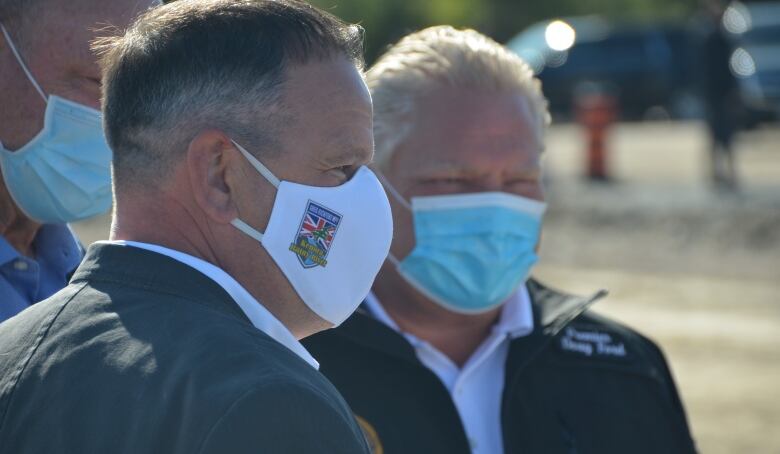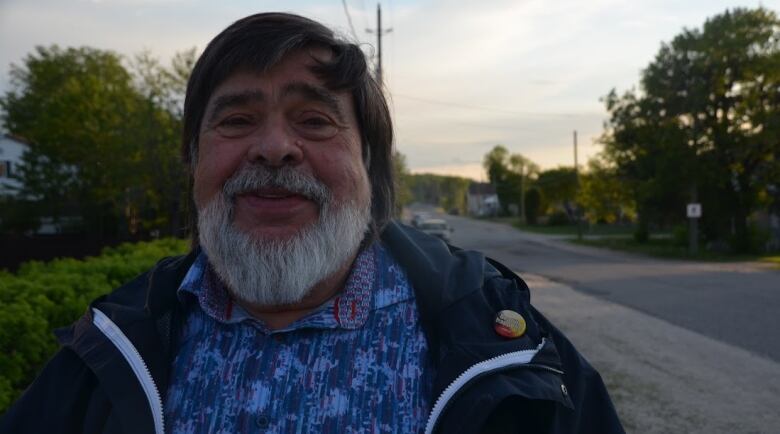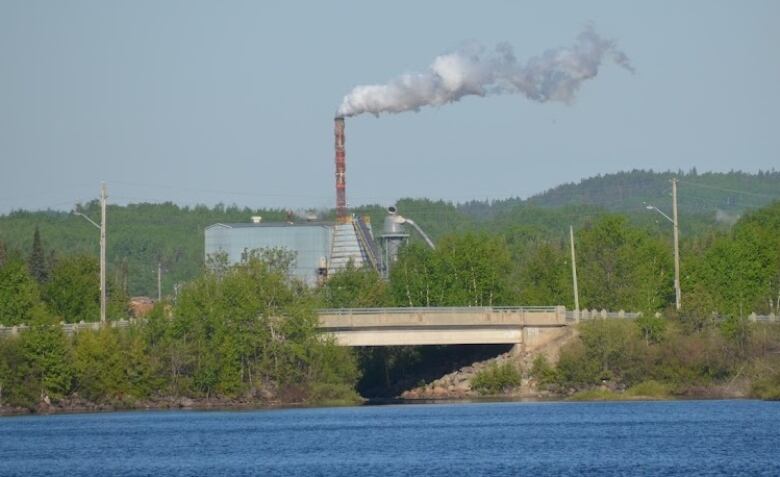'Certainly better than nothing': lukewarm reaction from northern Ontario leaders to new revenue sharing plan
Premier Doug Ford promised resource revenue sharing during 2018 election campaign

The Ontario government has fulfilled a campaign promise by returning some mining and forest revenue to towns and cities in the north, but some municipal leaders say it isn't enough.
The new Northern Ontario Resource Development Support Fund will split $15 million among the 144 cities and towns and townships of the north every year for the next five years.
Mining towns like Sudbury, Timmins and Red Lake have long argued they should get a larger cut of the millions the province collects from the mineral industry, which can be hard on local roads and other infrastructure.
Running for premier in 2018, Doug Ford promised a resource revenue sharing plan for the north, estimating it to be worth as much as $30 million per year.
The five largest cities in the north will each receive a maximum of $400,000 per year.
Mike Jakubo, a Greater Sudbury city councillor who chairs the finance committee, says municipal leaders were definitely expecting a bigger piece of the pie.

"It's not a huge impact. But every little bit helps," he says.
"Certainly when you compare it to the revenues that are drawn from northern Ontario for the benefit of the entire province, we would hope it would be more. Certainly better than nothing."
Greg Rickfordthe Minister of Northern Development, Mines, Natural Resources and Forestry says the fund is meant to address the "unique realities" of the north.
"This fund has been carefully designed to insure equitable distribution of capital, so smaller communities are not left behind," says Rickford, the MPP for Kenora-Rainy River.
"Interestingly, some of them bear the greater responsibility or impact for some of the resource activities that go on."

But reading through the list of what each municipality receives, some northern leaders are shaking their heads.
"Some of the places are rather small and certainly don't have the same issues. We're still happy to get what we're getting," says Chapleau Mayor Michael Levesque.
"We always want more money. Perhaps there is a bit of unfairness in the situation."
He says the $92,000 Chapleau will receive from this new fund will goto help fix the road that leads to the local sawmill.

The mill is outside of town limits, doesn't pay municipal property tax, but the traffic from logging trucks and commuting workers have been tough on Chapleau's road network.
Levesque says requests to have timber companies pay for some of the repairs have been refused in the past.
"At least the government kept a promise. And maybe now with this we have some leverage when we go and talk to the mill again," he says.












_(720p).jpg)


 OFFICIAL HD MUSIC VIDEO.jpg)
.jpg)



























































































